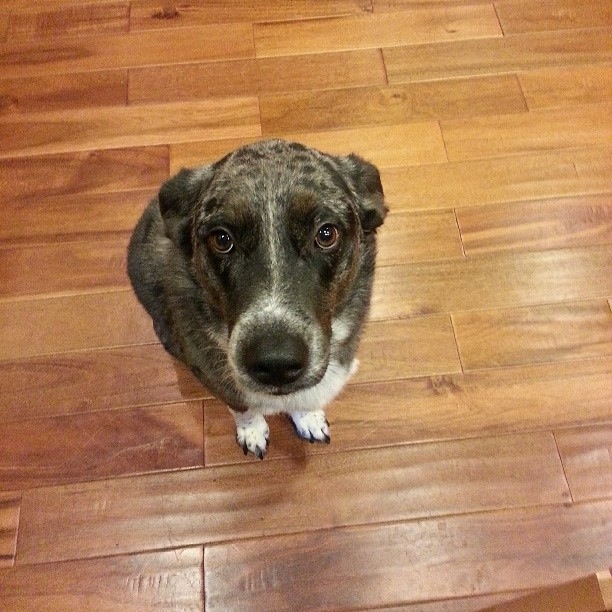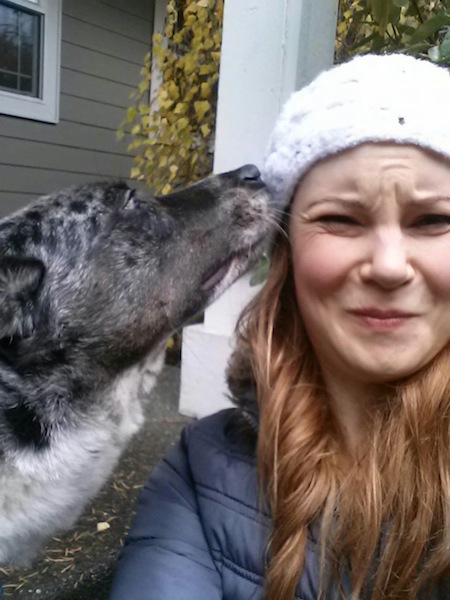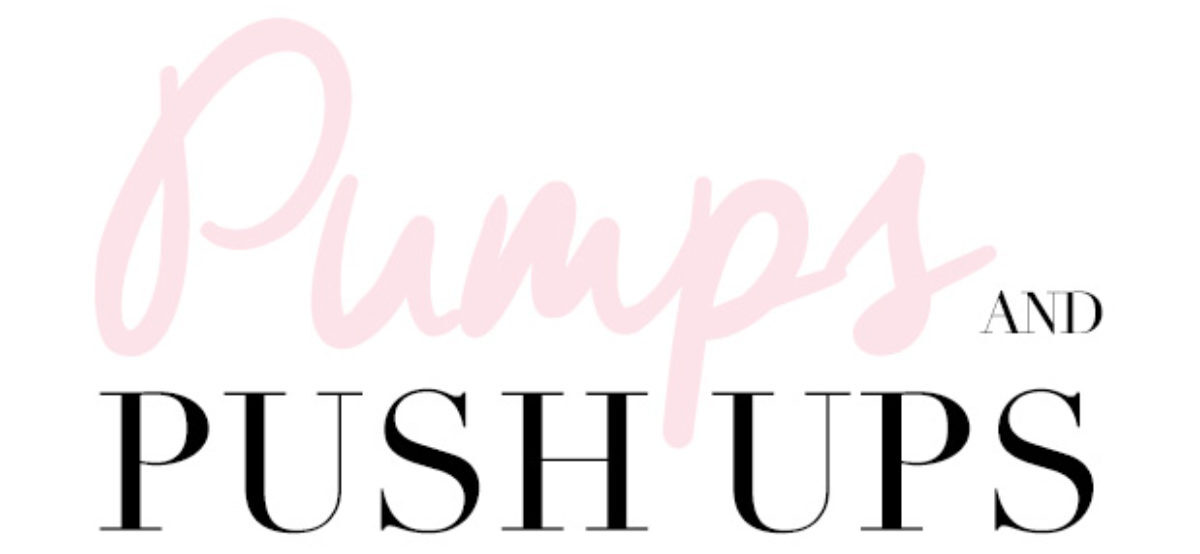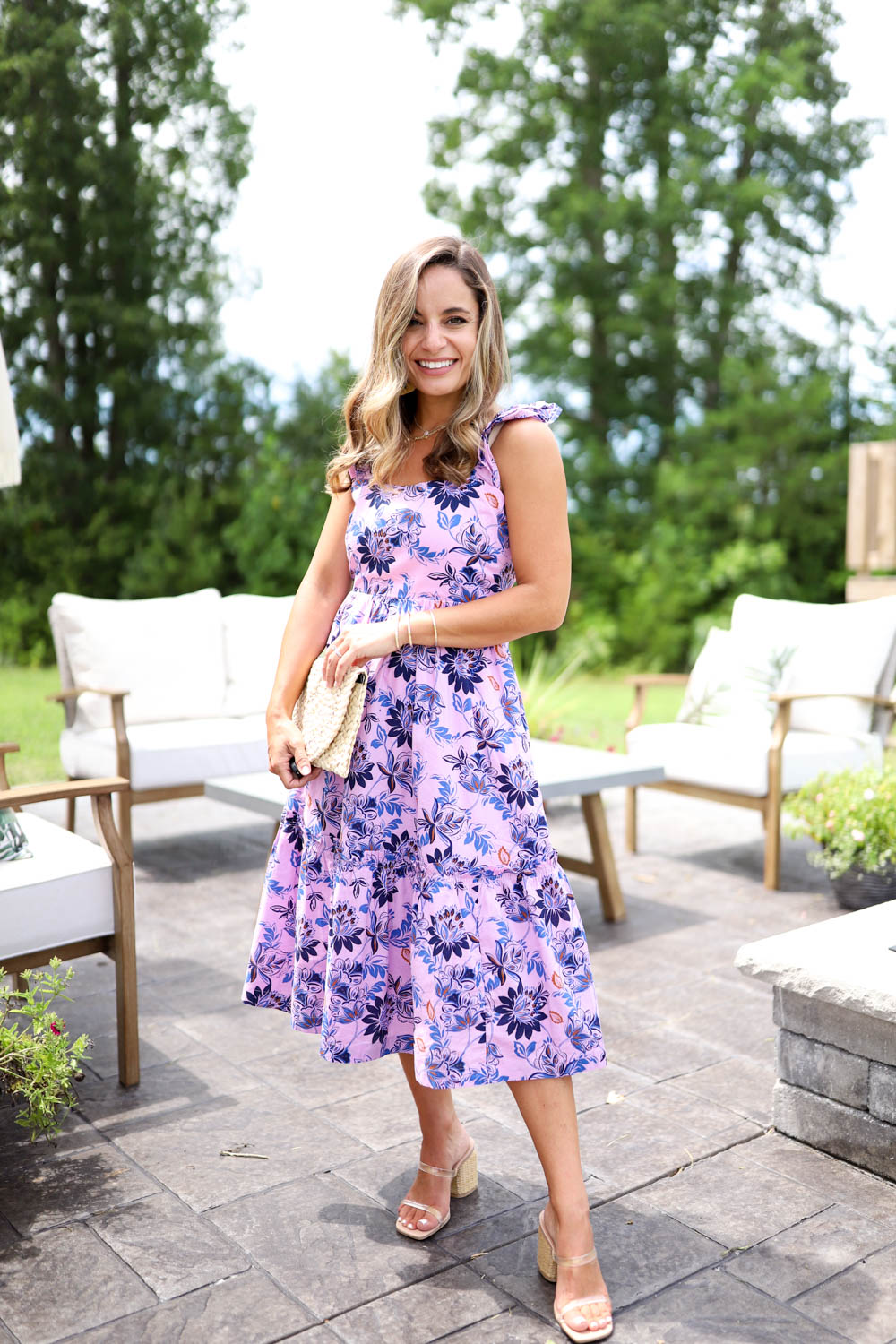Jessica Peyton Roberts from Aim High Writing is sharing the first installment of her gaining wisdom project today. Enjoy!
PRACTICING PRUDENCE
By Jessica Peyton Roberts
This is the first in a four part series about my self-improvement project on cultivating increased Wisdom. You can read more about the experiment here.
I’ll start by saying I’ve learned a new party trick this week – how to stop making mountains out of molehills. And squishing that molehill with a (albeit sometimes forced) smile.

Of course it’s good to feel your feelings, but sometimes my mind gets a little fantastical when I’m confronted with an unexpected challenge or struggle. Suddenly I’m terribly sad or incredibly irritated or even irretrievably angry. And then, it turns out to be no big deal. What I needed, I decided, was to reign in my immediate responses to pressure by cultivating prudence.
Prudence, a word which evokes images of sneering 16th century Puritans, is repeatedly defined as the ability to make well-informed decisions. In other words, prudence requires a certain open-mindedness.
Aristotle distinguishes between Wisdom and Prudence. Both are intellectual virtues, he explains, but prudence is inherently practical and requires experience.
Francesco Guicciardini, a Renaissance-era Italian historian and statesman, emphasized the critical element of using past experience to inform our choices:
“Let no one trust so entirely to natural prudence as to persuade himself that it will suffice to guide him without help from experience.”
Benjamin Franklin recommended one practice prudent decision-making with the aid of a pros and cons list.
In the course my (albeit brief) investigation, it becomes clear that most of us already try to make prudent decisions by considering all possible outcomes, evaluating gains and losses, and remembering how similar decisions played out for us in the past.

Doesn’t my dog have total wise Buddha Eyes?
So the challenge was for me to be more mindfully prudent, to say to myself, I am practicing prudence for the overall goal of increasing Wisdom, which for now I understand as having good judgment informed by both intuition and experience.
I focused on making prudent decisions this week through 3 mini-challenges:
CHALLENGE 1
If it’s true that our energy, especially the energy we direct towards willpower and self-control, is an exhaustible resource, then it makes perfect sense why we are more likely to go bananas over something relatively insignificant after a long day or a particularly intense work week.
And guys…I totally do this. And I know I do this. And I get so angry with myself every time I lose it over someone’s careless but probably harmless comment, or a traffic jam, or the dog eating the cat’s food when I wasn’t looking.
This week I resolved to check in before I blew up. For the record, I should state that my “blowing up” is internal – I’m not a yeller and am usually alone when a lot of these things happen. Which makes it all the more necessary for me to CHILL OUT. When I get upset, the only person I’m hurting is myself.
So every time I felt a quell of ZOMGOODNESS GAHHH NO WHY?!! I forcibly smiled (it feels awkward but has an immediate calming effect) and told myself, “This is not worth being upset over.
WISDOM GAINED:
1. There are not a lot of things in my prosaic daily life occurrences that are worth being upset over. It turns out that if the dog eats the cat’s food, neither of them really suffers any for it. Also, I need to remember to put the cat’s food up out of reach of the dog so it’s not happening in the first place.
2. It’s amazing how much better I feel – mentally and physically – when I’m not walking around on the defense, just waiting for something to throw me off, upset me, worry me. It’s also empowering to feel confident in my ability to assess an unexpected stressor, categorize it as worth worrying over or not, and dismissing 90% of the “problems” that crop up.
CHALLENGE 2
I resolved to make a pros and cons list a la Ben Franklin whenever I found myself debating over something for more than a few minutes.
Should I do to the grocery store today (Saturday) or Monday?
Pros
• We need a few things
• One less thing to do on Monday
Cons
• We only need a few things – I’ll end up needlessly spending money
• It’s more crowded on the weekend
Should I walk the dog in these arctic temperatures?
Pros
• It’s good for both of us to get some air
• He won’t be a butthead tonight if he burns off some energy now
Cons
• It’s frickin freezing outside!

Note: Bending down to take a post-walk selfie with a dog who likes to lick anyone, anytime = Not Wise.
Should I take on a new work assignment that I find somewhat intimidating?
Pros
• If it works, it stands to significantly enhance my standing in my field
• I will gain invaluable experience
• It will complement my existing business
Cons
• I do not have a lot of experience
• If it doesn’t work, have I wasted my time?
WISDOM GAINED:
1. Putting the reasoning process in my head on paper did, in fact, help clarify what the right course of action is, as well as assist me in maintaining perspective. Tasks, errands, and issues are not as challenging or overwhelming as I sometimes make them out to be.
2. In most cases, cons were fear, anxiety, or sheer laziness trying to persuade me; the pros were not difficult to identify and suggests I intuitively know what is the best course of action.
And the third challenge, which I will keep up even after the week’s end, is to examine my negative reactions to certain people’s intolerance.
As I was telling my husband, I considered myself an extremely open-minded person – except when confronted with someone whose attitudes I perceived as discriminatory, prejudiced, or narrow-minded. But in dismissing them, I am being equally myopic.
So I have resolved instead to inquire or research further into why certain people have these ideas. It’s at least worth knowing precisely what you’re arguing against!
Next week I take on Justice, or finding the balance between selfishness and selflessness – something I think most women can identify with.
Read more from Jessica on her blog Aim High Writing
[highlight1]ABOUT THE AUTHOR:
[one_half] [/one_half] [one_half_last] Jessica Peyton Roberts is the Director of Aim High Writing, serving as an Applications Coach and Consultant to high-performing students and nonprofit organizations in developing the most competitive school, scholarship, and grant applications. Peyton Roberts posts free advice and resources for aspiring college and graduate students on her blog, Aim High. She enjoys powerlifting, cats, and spending time with her husband.[/one_half_last]
[/one_half] [one_half_last] Jessica Peyton Roberts is the Director of Aim High Writing, serving as an Applications Coach and Consultant to high-performing students and nonprofit organizations in developing the most competitive school, scholarship, and grant applications. Peyton Roberts posts free advice and resources for aspiring college and graduate students on her blog, Aim High. She enjoys powerlifting, cats, and spending time with her husband.[/one_half_last]
CONTACT INFO:
Email: [email protected]
Facebook: https://www.facebook.com/AimHighWritingServices
Twitter: https://twitter.com/AimHighPeyton
Google +: google.com/+JessicaPeytonofAimHighWriting
LinkedIn: http://www.linkedin.com/pub/jessica-peyton-roberts/6a/139/621
Company Page: http://www.linkedin.com/company/aim-high-writing
[/highlight1]



